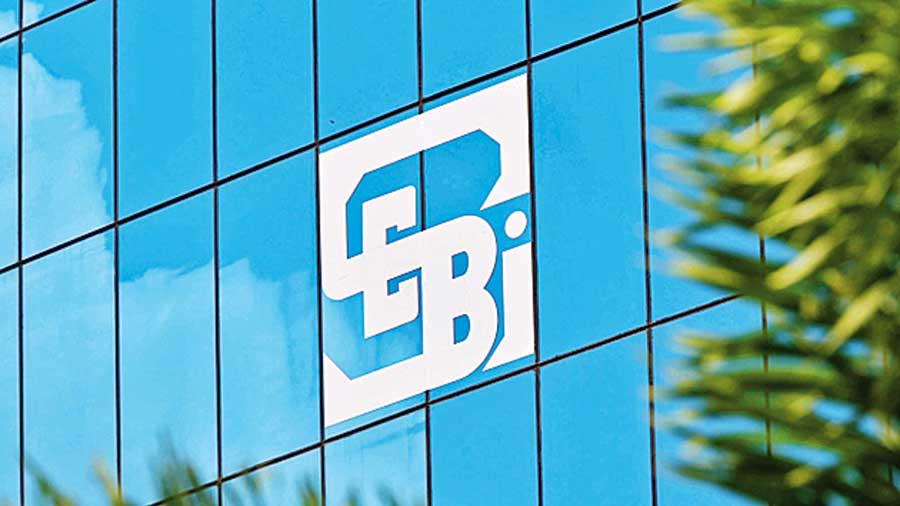Market regulator Sebi on Tuesday proposed to rationalise the definition of ‘promoter group’ and move to the concept of ‘person in control’ as well as reduce the minimum lock-in periods for promoters’ and other shareholders after an IPO.
In a consultation paper, the watchdog has also suggested streamlining the disclosures requirement of group companies.
The Securities and Exchange Board of India (Sebi) has sought comments on the proposals till June 10.
With regard to lock-in period, Sebi has proposed that if the object of the issue involves offer for sale or financing other than for capital expenditure for a project, then the minimum promoters’ contribution of 20 per cent should be locked-in for one year from the date of allotment in the initial public offer (IPO). The lock-in period is now three years.
However, shares held by promoters should be exempt from lock-in requirements after six months from the date of allotment in the IPO, only towards the purpose of achieving compliance with minimum public shareholding norms.
“Promoters’ holding in excess of minimum promoters’ contribution shall be locked in for a period of six months as opposed to the existing requirement of one year from the date of allotment in the IPO,” Sebi suggested.
The entire pre-issue capital held by persons other than the promoters should be locked-in for six months from the date of allotment in the IPO against the current requirement of one year.
In addition, the regulator has suggested rationalising the definition of ‘promoter group’ as the current definition focuses on capturing holdings by a common group of individuals or persons and often results in capturing unrelated companies with common financial investors.










